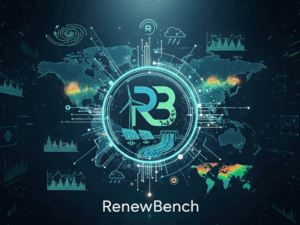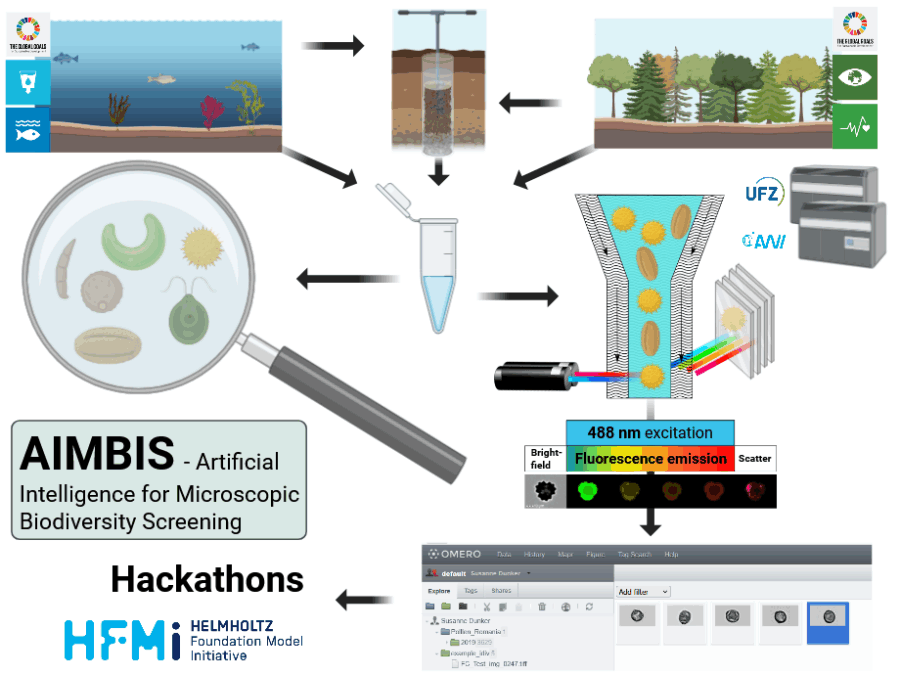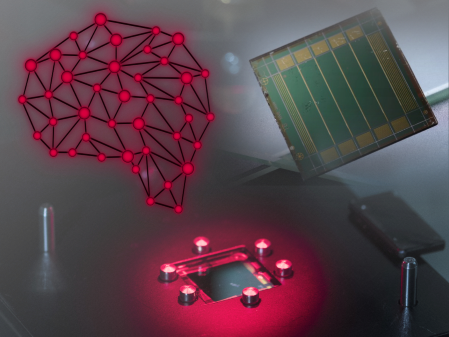RenewBench – A Global Benchmark for Renewable Energy Generation

What is the project about?
RenewBench is the first unified, open global benchmark for renewable energy data, designed to accelerate energy meteorological AI model development. By unifying open renewable electricity generation data from around the globe with global meteorological data, RenewBench will enable rigorous, scalable evaluation of energy meteorological AI models.
What main scientific or societal challenge does the benchmark address?
Transitioning to a sustainable energy system is challenging due to the inherently variable and decentralized nature of renewable energy generation, making it difficult to ensure grid reliability, coordinate energy dispatch, and maintain system stability. AI energy meteorology models, that couple the meteorological and energy domains, show huge potential for solving these challenges. However their development is currently limited by a lack of high-quality, standardized, and representative data. Therefore, RenewBench aims to lower barriers for such model development, and increases trust in these AI models by enabling transparent comparisons, ultimately accelerating the global shift to a sustainable energy system.
What gap in the scientific community led to the creation or expansion of this benchmarking dataset?
The primary gap that motivated us is the lack of a high-quality, standardized, and representative dataset for AI models in the energy meteorology domain. While large amounts of open renewable energy data exist, they are often unstructured and not directly usable for scientific benchmarking or large-scale model development. Current AI models are often trained and evaluated on isolated datasets that have a narrow geographic scope, inconsistent data formats, limited metadata, and no direct linkage to relevant meteorological conditions. This limits their applicability and relevance on a global scale. RenewBench aims to fill this gap and, as the WeatherBench dataset accelerated the development of AI models for weather prediction, now accelerate the development of AI models for the energy meteorology domain.
How does the benchmark dataset support reproducibility, robustness, and fairness in AI research?
RenewBench supports reproducibility, robustness, and fairness in AI research through its standardized data, software, and evaluation protocols. We will include standardized evaluation pipelines and all code for data downloading and preprocessing in an open-source GitHub repository. We will also include documentation for the dataset and associated code as well as PIDs for each version of the dataset. All data will be saved in standardized and AI-ready data formats with comprehensive meta data in machine readable formats, such as the SpatioTemporal Asset Catalog (STAC) specification.
What impact does the project aim to achieve — within Helmholtz and across the broader research and industry community?
We expect RenewBench to have a broad impact within the Helmholtz and broader research community by providing a foundational resource for AI-driven modeling in the energy meteorology domain. The inherently interdisciplinary nature of the dataset will foster genuine collaboration between researchers who have traditionally worked in parallel, unlocking new scientific questions at the intersection of the fields of energy and meteorological research. We also see RenewBench lowering barriers for industrial AI adoption by offering a standardized and transparent way to compare and evaluate models.



